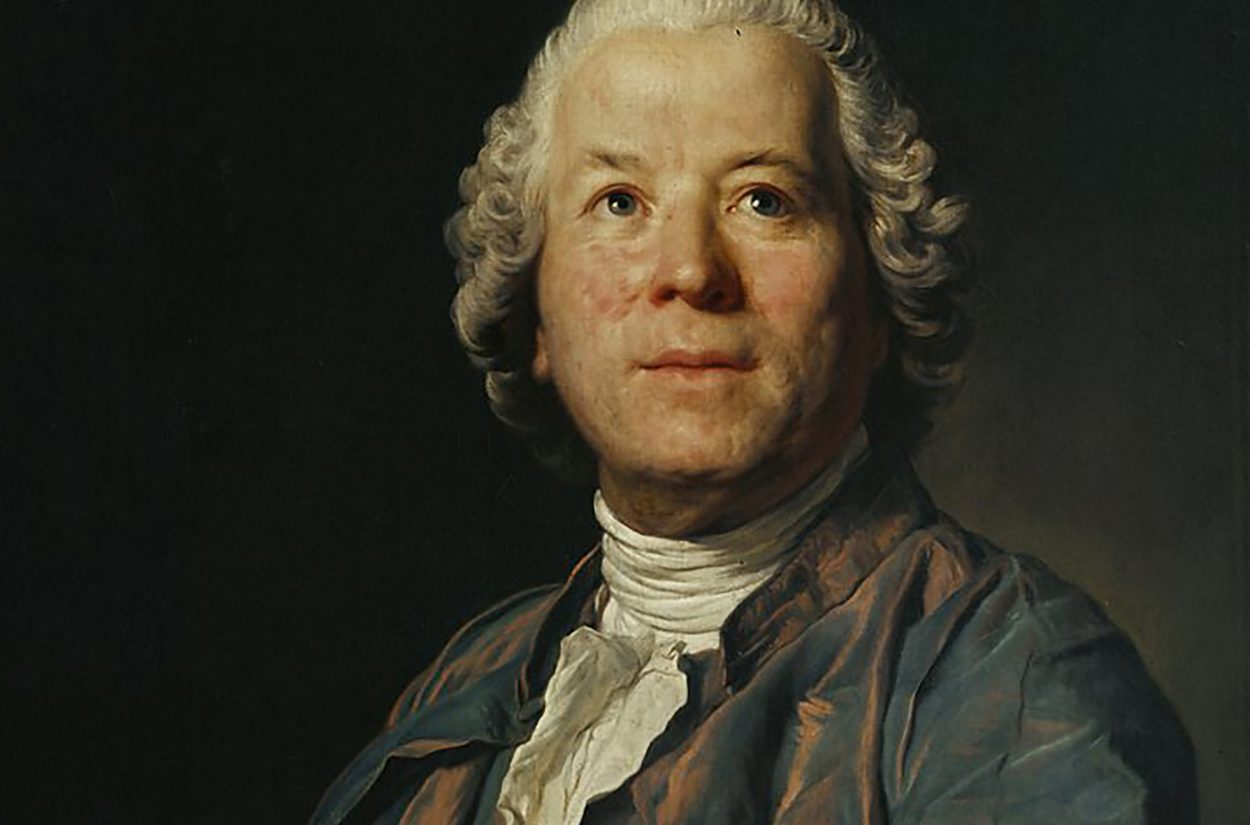Latest Comments

The 5 Best Compositions by Christoph Willibald Gluck
Christoph Willibald Gluck (1714–1787) is celebrated as a transformative composer who redefined opera in the Classical period, bridging the gap between Baroque traditions and more[…]

10 Fascinating Facts about Christoph Willibald Gluck
Christoph Willibald Gluck, a towering figure in the history of classical music, was born on July 2, 1714, in Erasbach, Upper Palatinate, Bavaria. His life[…]

Christoph Willibald Gluck – Biography and Life
Christoph Willibald Gluck (1714–1787) was a German composer of the Classical era, renowned for his significant contributions to opera reform. Born on July 2, 1714,[…]

Great Composers of the Classical Period – Classical Music
The Classical period was an era of classical music between roughly 1730 and 1820.[1] The Classical period falls between the Baroque and the Romantic periods. Classical[…]

Gluck – Orfeo ed Euridice – Dance of the Blessed Spirits
Christoph Willibald Gluck – Orfeo ed Euridice – Dance of the Blessed Spirits Christoph Willibald (Ritter von) Gluck (15 November 1787) was a composer of Italian[…]

Gluck – Sgambati Melody from Orfeo ed Euridice
Christoph Willibald Gluck – Sgambati Melody from Orfeo ed Euridice Christoph Willibald (Ritter von) Gluck (born 2 July, baptized 4 July 1714 – 15 November 1787)[…]
© 2025 Top Classical Music. Created with ❤ using WordPress and Kubio